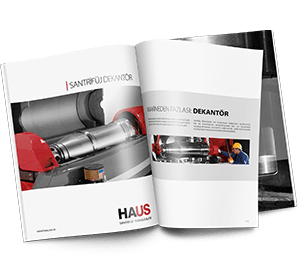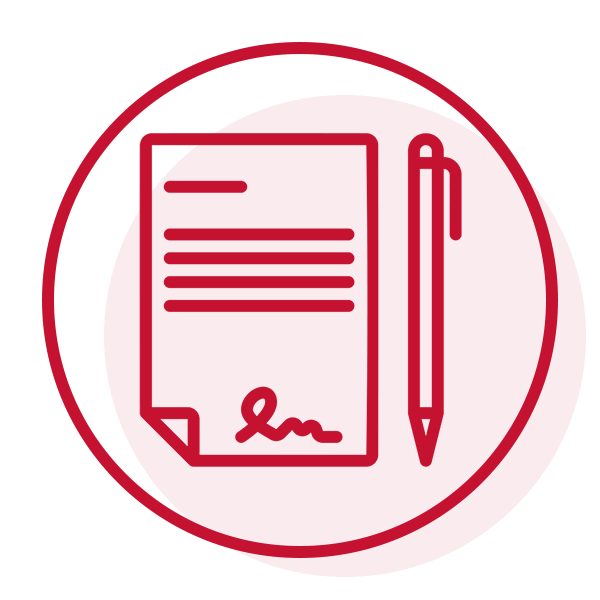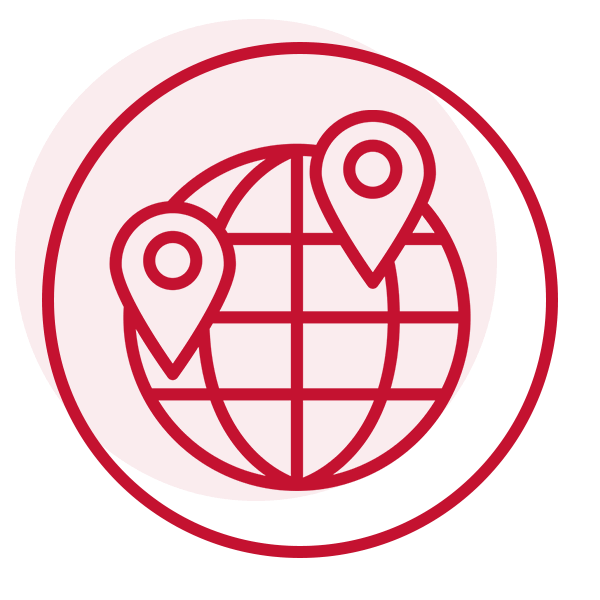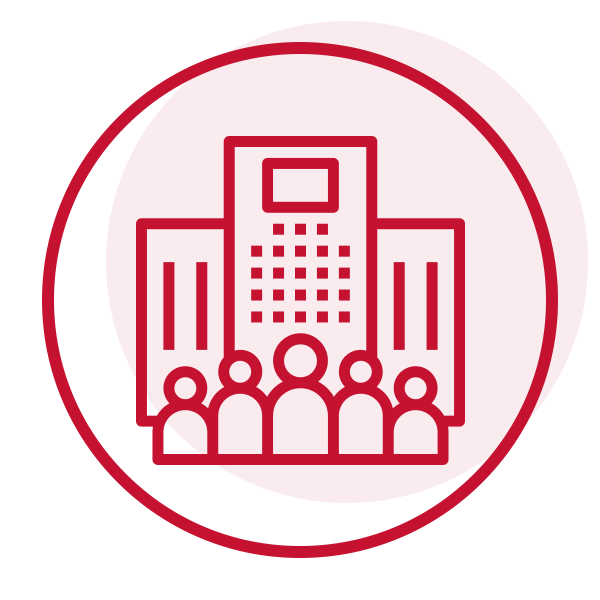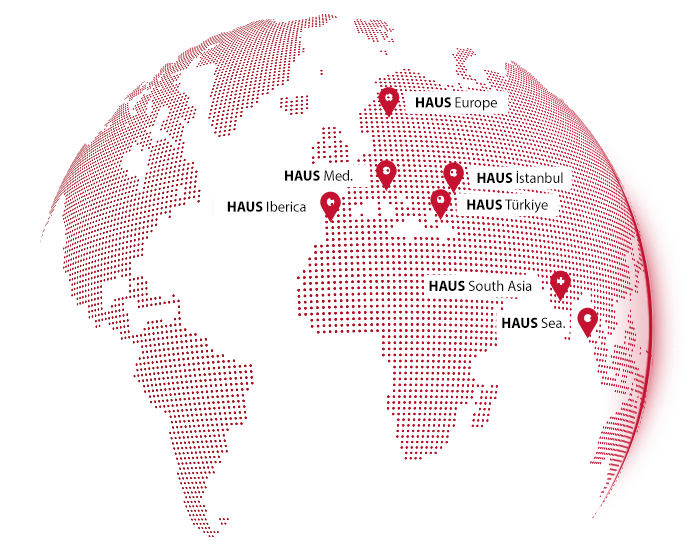
Jeanne Louise Calment mentioned in the Guinness Book of Records as the oldest person in the world, died at the age of 122 in 1997. She was asked what the secret of long lifetime was, and her answer was three words: “Olive oil, wine and chocolate”. Human body has two basic organs: Heart and Brain “Oil for heart, sugar for brain” Different organs in the human body need energy to live and they prefer different foods as energy sources. For example, brain constantly needs energy; however, it does not store glucose, the simple form of sugar, nor the polysaccharide, in other words glycogen, which is suitable for storage. So, in case of extreme hunger, ketone bodies taken from the liver are primarily used as energy source.
On the other hand, unlike the brain, skeletal muscles can use any energy sources and the most common energy sources are glucose, fatty acids, and ketone bodies. Unlike the brain, skeletal muscles can store large amounts of sugar in the form of glycogen. On the other side, the heart can function automatically, in other words, without stopping unlike the other skeletal muscles. Heart can use glucose as an energy source like brain; however, it prefers fatty acids primarily unlike the brain, which is resulted from having higher number of mitochondrion than brain does (red color of the heart is caused by the density of mitochondria) and the need of enzymes in mitochondrion in abundance of oxygen to function. So, what we eat determines the efficiency of the energy that goes to the heart. It is accepted that the energy of fatty acids (essential fatty acids) per molecule are the highest in fats compared to all other foods, and they are construction materials that must be taken from outside since the human body cannot produce it by itself. 1 0 % of polyunsaturated fatty acids included in olive oil and make olive oil different from other oils among the fatty acids that must be taken through food is constituted of linoleic acid (aka omega 6), 1-2% is constituted of linolenic acid (aka omega 3) and 70% is constituted of oleic acid (1) which is the most important element apart from those. Additionally, there are minor components existing in an olive and transmitted into the olive oil. During the recent years, it has been seen that minor components are protected only by the production of olive oil under the right conditions and in compliance with the implementation of right rules and strengthens the slogan olive oil is healthy oil. These minor components are hydrocarbons such as squalene, phenolic substances with antioxidant properties: (containing more than one phenol: Oleuropein (bitterness) and Luteolin or polyphenols containing a single phenol: Hydroxytyrosol and Paracoumaric acid, and Oleacanthal which is released after oleuropein is broken down. These components are the quality elements that can be taken by humans by nutrition, considered important in preventive medicine and strengthen immunity in pandemic diseases such as Covid-19, and increase the value and price of olive oil in its commercialization in the new world order and distinguish it from other vegetable oils (2). In today’s world where the famous saying of Hippocrates who is accepted as the father of the medicine that “There is no disease but the patient.” has transformed into “There is no patient but the disease” (3), to accept that each patient is special and to adopt that diseases show different symptoms in each patient as a normal principle is of great importance in preventive medicine, diagnosis and treatment. Moreover, Suleiman the Magnificent emphasizes the importance of protecting health and immunity by using the word of breath which is the key word of the state of well-being by his saying “There is nothing valuable in the eyes of the public like the state; however, there can be no state (power) like a breath of health in this world.” (4). The sole purpose of humankind from primitive human to the present day is to survive (Step I of Maslow Hierarchy). The most important condition for survival is a healthy diet. The conditions by which a person feels good are nutrition, regular sleep and physical exercise. To have a healthy and long life, it is necessary to take measures to strengthen the immune system, in other words, to take the necessary fat, protein, carbohydrate and vitamins in daily nutrition in an adequate dose to maintain a quality life. Otherwise, the human cannot ensure the continuity of the generation, the reason for existence on earth. Among the fats (fatty acids) that a person should take on daily basis within nutrition calendar, the most important one is olive oil. As detailed in above, various features of olive and olive oil are explained to the logical people through the words of “Zait, Zaitum / Zeytûn, Oli” in the three holy religious books. So, here lays the answer to the question “who is the owner of olive oil”. The owner of the olive oil is the producers who plants and grows the olive saplings, take care of them, and harvest the fruit of high-quality olive, and business managers who obtain quality olive oil from olive fruit, marketers who store and pack quality olive oil correctly and the consumers who know and appreciate quality olive oil! These are the unbreakable people of a whole who walk hand in hand on a long and challenging road for quality olive oil. If any of them falls and the chain breaks down, quality olive oil is nothing but for dream any longer, and the feelings and thoughts intended to be told by writing sent to smart people in the holy books become fairy tales. If the historical (historical and religious) journey of olive oil is well understood, its current journey continues safely. After summarizing the necessity of the journey for human nutrition and health in its simplest form, see you in the next issue on the production-processing-distribution and consumption journeys….
Prof. Dr. Renan TUNALIOĞLU
Aydın Adnan Menderes Faculty of Agriculture
Resources
Delen Nircan, Z. 2020. “Zeytinlikten Sofraya Zeytinyağının Hikâyesi”(Her üreticinin ve
Tüketicinin Bilmesi Gerekenler ). Türkiye İş Bankası Kültür Yayınları:4679, İstanbul
Tunalıoğlu, R. 2020. “Türk insanı kaliteli zeytinyağı tüketebiliyor mu?” https://www.turkishagrinews.com/dr-renan-tunalioglu-writes-can-turkish-people-consume-quality-olive-oil/. 3 .11.2020
Bulut F & Civaner MM. 2016. “Modern tıp insancıl özünü yitiriyor: Artık “Hasta yok, Hastalık var!” Modern medicine is losing its humanistic essence: “Patients no more, but diseases” is the new motto now. Türkiye Biyoetik Dergisi, 2016 Vol. 3, No. 2, 66-73
Aslan, R.2020. Koruyucu Hekimlik ve Covıd-19. Göller Bölgesi Aylık Ekonomi ve Kültür Dergisi Ayrıntı Volume 8 Issue 89 August 2020
